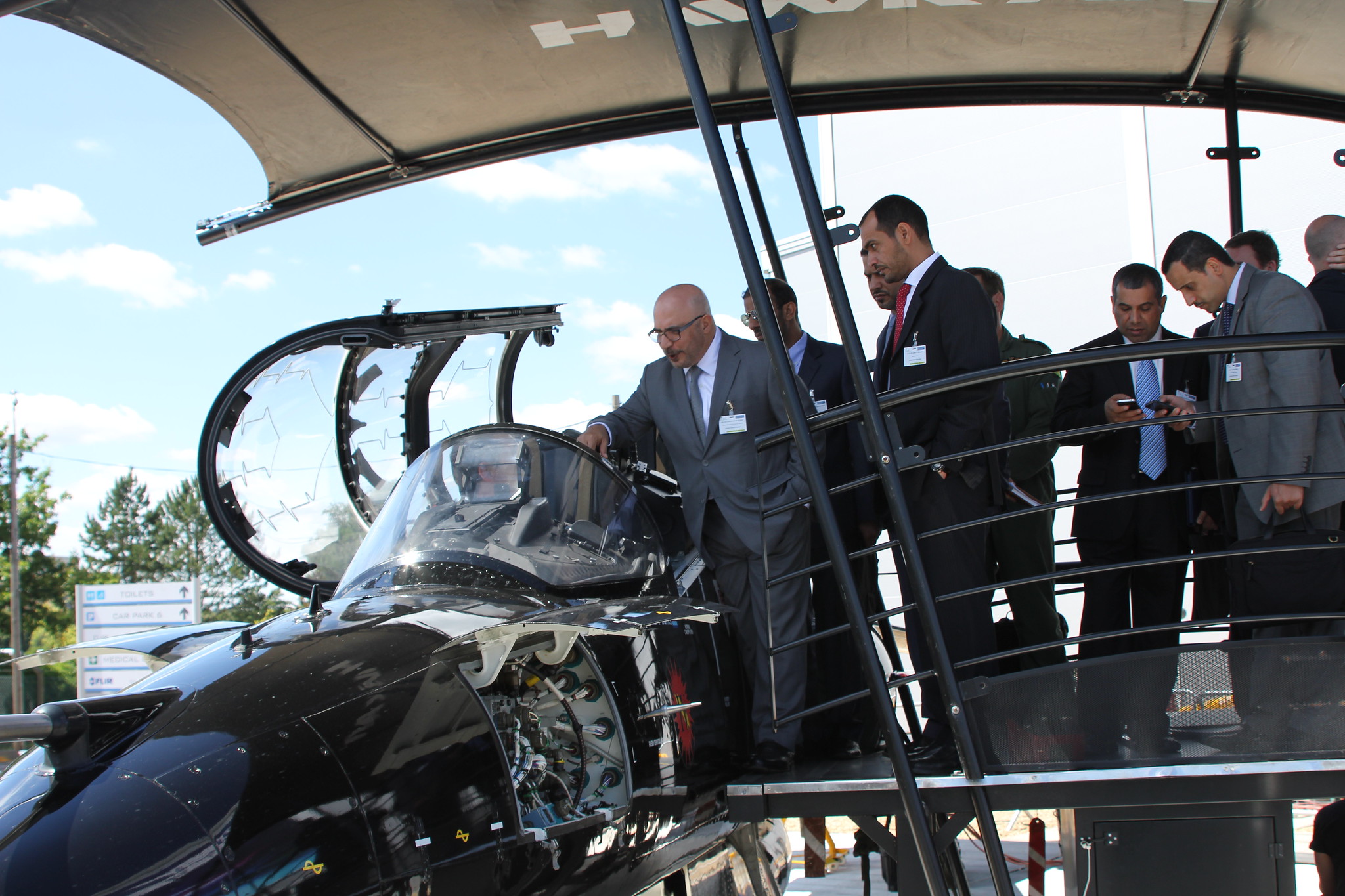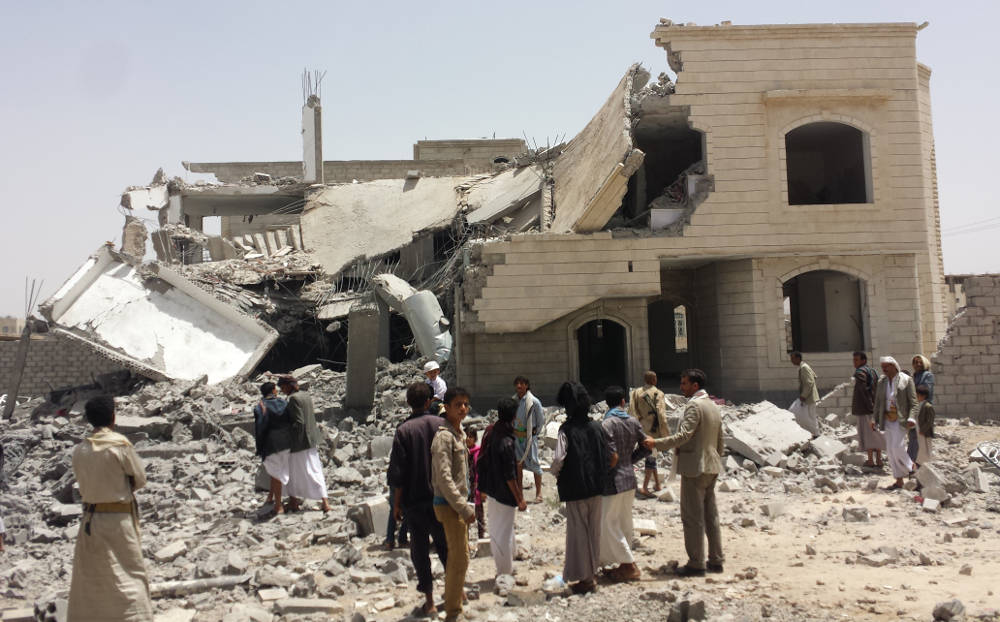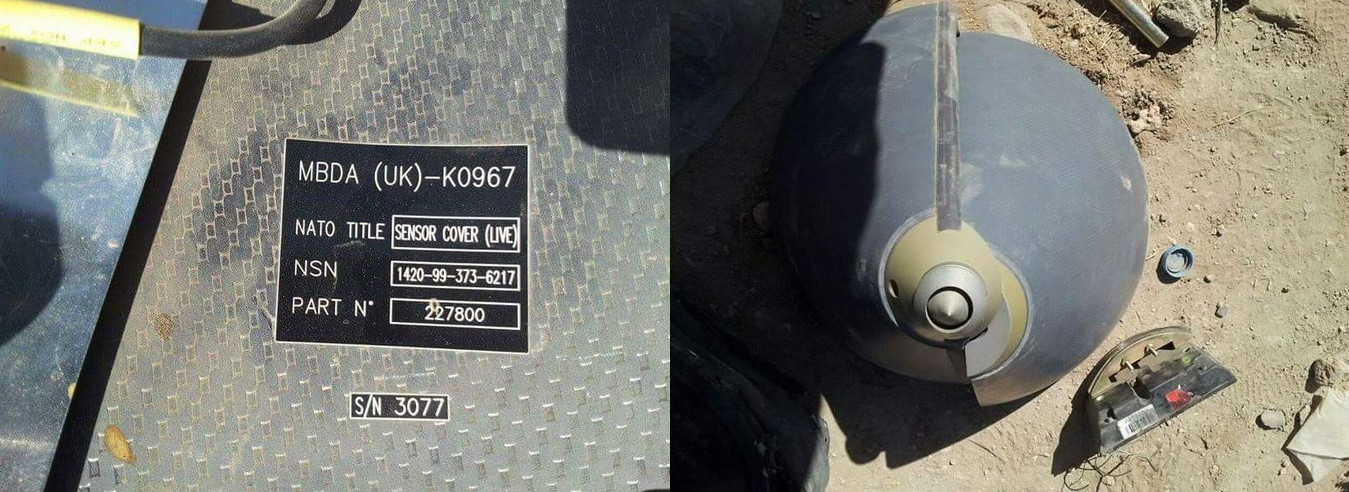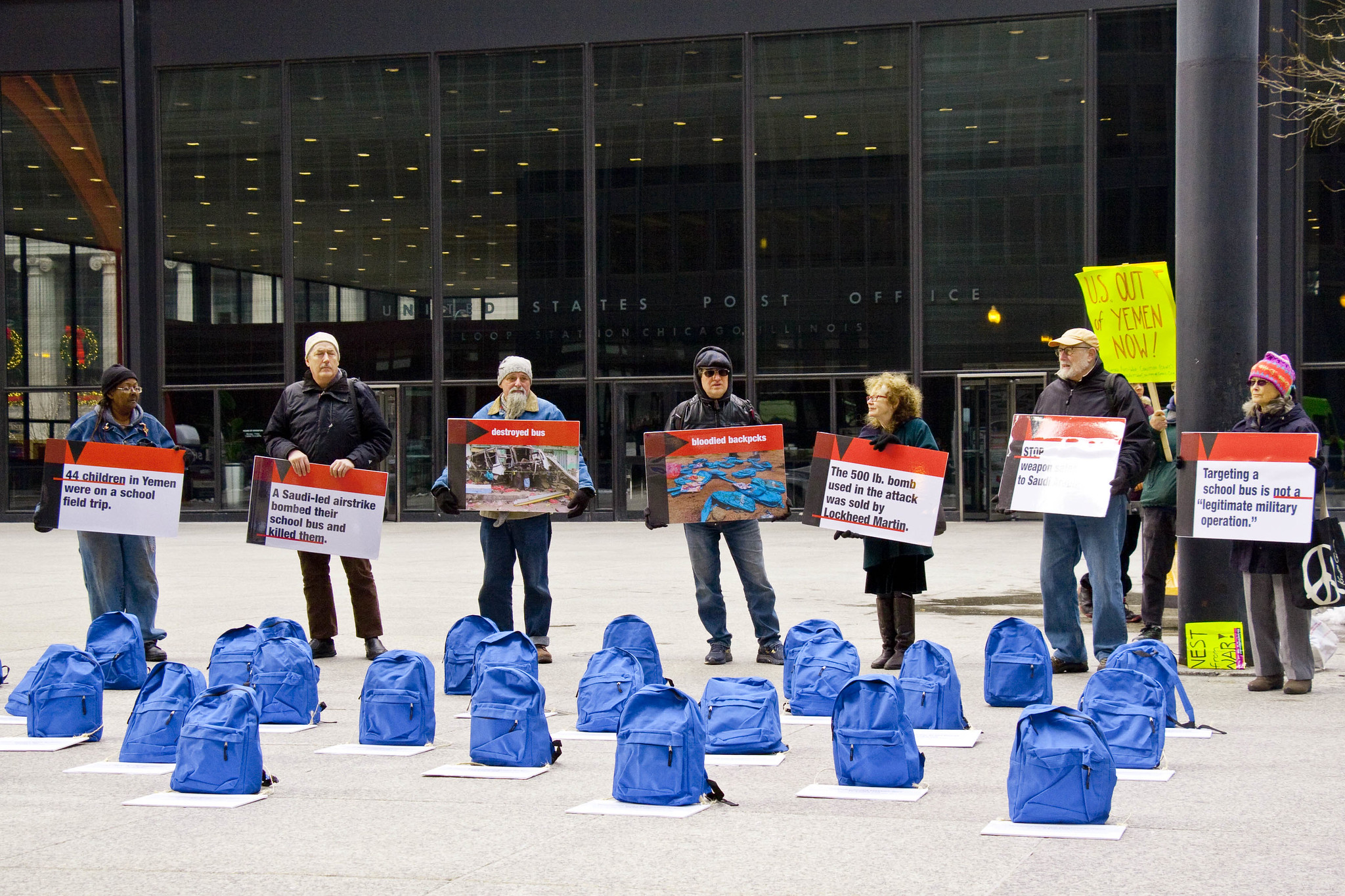Background
The United Arab Emirates is a federation of seven states including the capital Abu Dhabi and Dubai. Ruled by the UK until independence in 1971, the discovery of oil in the 1950s has brought great wealth. More recently the UAE has diversified into tourism and trading, as well as becoming a major hub for transport and the media.
The UAE has a highly authoritarian regime. According to Human Rights Watch, it often uses its affluence to dissuade other governments from raising concerns about its human rights abuses. These include arbitrary detention and allegations of torture of detainees, as well as the abuse of migrant construction and female domestic workers.
Role in the Yemen war
The UAE has a significant role in the Saudi-led war in Yemen. Since the start of the Yemen war – which has left 112,000 dead since 2015 and put millions on the brink of starvation – the UAE has been the primary ground force for the Saudi/UAE-led coalition there, both through deployment of its own Special Forces and its support for tens of thousands of members of Yemeni militias, including extremist groups with ties to Al Qaeda in the Arabian Peninsula (AQAP). The UAE. also used fighter jets, drones and U.S.-supplied attack helicopters and precision-guided munitions to participate in the Coalition’s air war in Yemen, which has killed thousands of civilians.
Despite its widely publicized military “withdrawal” of ground forces from the country earlier this year, the UAE has continued to exert coercive influence on the ground, especially through the support of Yemeni militias and other proxies. In all, the UAE has proxy forces of up to 90,000 militia members operating in Yemen. The UAE has also engaged in torture in prisons they control in Yemen, and made use of foreign mercenaries, further inflaming the conflict.
See the Security Assistance Monitor‘s December 2020 Issue Brief on the UAE role in Yemen.
Arms supplies
The Stockholm International Peace Research Institute lists the UAE as the world’s eighth largest importer of weapons in the period from 2015 to 2019. Its main suppliers in that period were the United States (68%), France (11%) and Netherlands (3.4%).
The UAE hosts military and security exhibitions including IDEX, one of the world’s biggest, and the Dubai Airshow.
UK sales and military links
The UAE is one of the UK’s biggest arms customers although, compared with other suppliers, the UK’s sales there are comparatively modest. This is not through choice. Despite a massive UK government effort, led by then Prime Minister David Cameron, BAE Systems failed to secure a contract to supply 60 Eurofighter Typhoons in 2013. Talks later started with France about the Rafale fighter.
The UK’s 2015 National Security Strategy and Strategic Defence and Security Review made a commitment to establish a permanent British Defence Staff in the Gulf. This is based in Dubai.
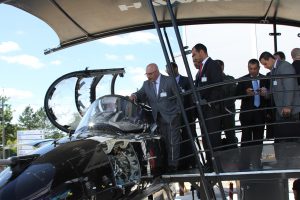
Companies
UK arms companies which have previously applied for licences to export military equipment to the UAE include:
- BAE Systems. Although it was unsuccessful in its bid to win a contract for Eurofighter Typhoons, it has supplied UAE with weapons including artillery, aircraft, surface-to-air missile systems, and a range of armoured vehicles
- Accuracy International. A manufacturer of sniper rifles. The company received significant criticism in 2011 for attempting to sell sniper rifles to Gaddafi’s regime just months before the outbreak of the revolution (Telegraph, 10.9.2011).
- AEI Systems. A manufacturer of aircraft cannons, mounted machine guns and aircraft spares.
- BCB International. A company thrown out of the DSEI 2007 arms fair for advertising the sale of
leg irons
(Guardian, 12.9.2007). - Chemring. A manufacturer of munitions and pyrotechnics, which included items such as tear-gas canisters, CS rounds and stun grenades. Its
- tear gas has been used by Egyptian security services against demonstrators in Tahir Square (Independent, 4.12.2011), and in (TODO Hong Kong]. In 2019 it said that it “no longer manufactures, sells or distributes any CS gas or related products.”
- Manroy Engineering. A manufacturer of heavy and light machine guns, machine gun turrets for armoured vehicles, and sniper rifles
- NSAF. The UK name of the German company Heckler and Koch, which manufactures some of the world’s most widely used small arms.
- Primetake manufacture shotgun cartridges, pyrotechnics, stun grenades, baton rounds and CS gas canisters. It exhibited such products at a UAE arms fair during the height of the Arab Uprisings in 2011. (Guardian, 21.2.2011).
- Pyser-SGI. A company which manufactures night-vision goggles, weapon sights, thermal imaging equipment and sniper spotting scopes.
- Qioptiq (now part of Excelitas). Its products include night-vision scopes, weapon sights, missile guidance systems, and head-up-displays for fighter jets.
- Viking Arms. A firearms and ammunition distribution company.

